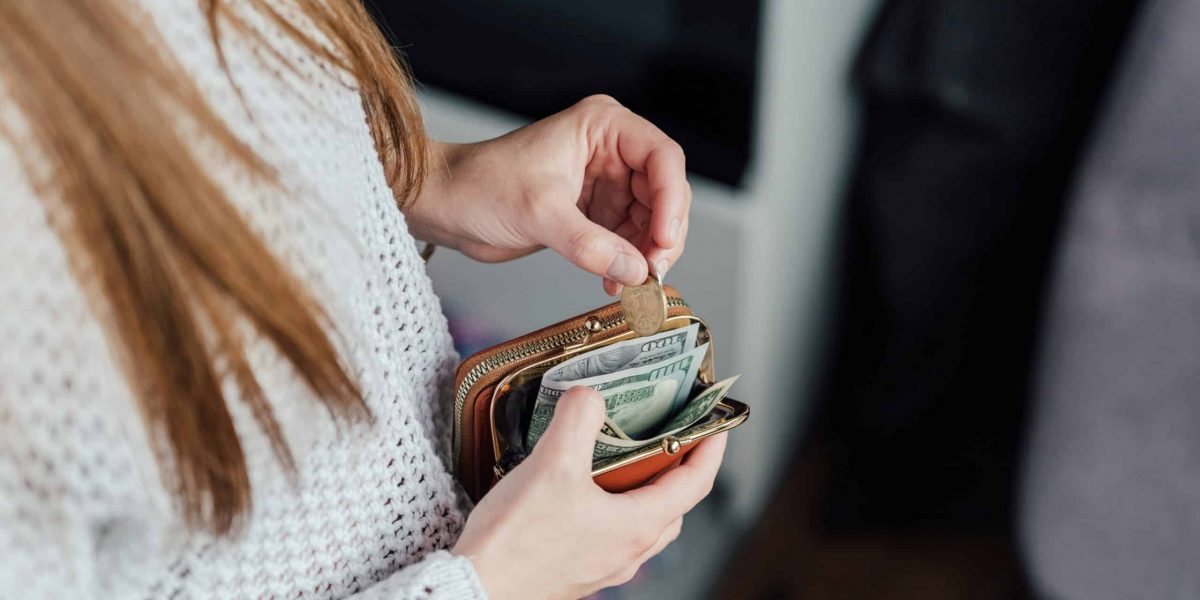Embracing Financial Minimalism for a Simpler, Freer Life
In a world dominated by consumerism, financial minimalism offers a refreshing path to freedom and peace of mind. It’s a philosophy that encourages mindful spending, reducing unnecessary debt, and aligning your financial habits with your personal values. Instead of chasing more, financial minimalism shifts the focus to what truly matters, helping individuals create a life of purpose, clarity, and stability.
The principles of financial minimalism go beyond budgets and spreadsheets. They challenge people to reconsider the role of money in their lives and its connection to happiness. For women, especially, this approach can be empowering, offering tools to regain control, reduce stress, and achieve long-term financial freedom.
What Is Financial Minimalism?
Financial minimalism isn’t about depriving yourself or adhering to rigid rules. Instead, it’s about being intentional with your money. It means distinguishing between needs and wants, avoiding unnecessary purchases, and choosing to invest in experiences or items that bring real value.
At its core, financial minimalism is about finding balance. Many people feel overwhelmed by the pressure to keep up with societal expectations—buying the latest gadgets, upgrading wardrobes, or pursuing lifestyles that often stretch their budgets. This cycle of overspending can lead to crippling debt, stress, and financial insecurity.
By adopting minimalism, individuals can focus on their true goals. Whether it’s building an emergency fund, paying off a mortgage, or saving for retirement, financial minimalism provides a framework to simplify decision-making and eliminate distractions. Every dollar spent becomes purposeful, contributing to a life of meaning rather than material clutter.
How Does Mindful Spending Work?
One of the pillars of financial minimalism is mindful spending. This concept involves being fully aware of how and why you’re spending money. Instead of impulsively buying items because they’re on sale or trendy, mindful spenders ask themselves, “Do I really need this? Will it improve my life?”
For example, consider a scenario where a woman frequently purchases coffee on her way to work. While a single cup seems harmless, the cumulative cost of this habit can be significant over months or years. By reflecting on her priorities, she might decide to brew coffee at home, saving money while still enjoying her daily ritual.
Mindful spending doesn’t mean never indulging. It’s about creating space for intentional indulgences while cutting back on expenses that don’t align with your values. This could mean prioritizing a family vacation over weekly dinners at restaurants or choosing quality over quantity when shopping for clothes.
By practicing mindfulness, individuals often discover that they need far less than they thought. This realization not only improves financial health but also reduces stress and enhances overall well-being.
How Can You Reduce Debt Through Minimalism?
For many, debt is a significant obstacle to financial freedom. Whether it’s student loans, credit card balances, or car payments, debt creates emotional and financial burdens that can be difficult to escape. Financial minimalism offers a way to tackle this issue head-on by focusing on strategies that simplify repayment and eliminate unnecessary spending.
One effective approach is the snowball method, where you pay off smaller debts first to build momentum before tackling larger ones. Others may prefer the avalanche method, targeting debts with the highest interest rates first to minimize overall costs. Whichever strategy you choose, the key is to prioritize debt repayment as a cornerstone of financial minimalism.
By cutting back on discretionary spending—such as subscriptions, impulse purchases, or luxury items—you can redirect funds toward paying off debt faster. Each payment not only reduces the financial burden but also provides a sense of accomplishment and relief, reinforcing the minimalist mindset.
For women striving for independence, reducing debt is particularly empowering. It creates opportunities to save, invest, or pursue passions without being weighed down by financial obligations. Minimalism teaches that freedom isn’t about how much you earn but how much control you have over your money.
How Does Financial Minimalism Lead to Freedom?
At its heart, financial freedom is about choices. It’s the ability to decide how to spend your time, energy, and money without being constrained by financial stress. Financial minimalism creates a pathway to this freedom by focusing on the essentials and eliminating excess.
A minimalist financial lifestyle allows individuals to save for long-term goals, such as retirement, while still enjoying the present. It reduces the need to rely on loans or credit, providing a safety net for unexpected challenges. Instead of feeling trapped by bills and expenses, financial minimalists experience peace of mind knowing they are prepared for the future.
Another key aspect of financial minimalism is decluttering financial obligations. Simplifying bank accounts, consolidating credit cards, and automating bill payments can make managing finances easier and less overwhelming. This simplicity frees up time and mental energy for what truly matters—whether it’s family, career growth, or personal fulfillment.
For women navigating busy lives, financial minimalism offers a sense of control. It removes the pressure to conform to societal expectations and allows you to focus on creating a life that aligns with your values. Minimalism isn’t about restriction; it’s about liberation.
Why Start Now?
There’s no better time to embrace financial minimalism. With rising costs of living, economic uncertainties, and increasing consumer debt, simplifying your finances is more important than ever. Taking the first steps may feel daunting, but the rewards—both financial and emotional—are worth it.
Start by assessing your spending habits and identifying areas where you can cut back. Build a realistic budget that prioritizes needs, savings, and debt repayment while leaving room for intentional indulgences. Remember, financial minimalism isn’t about perfection; it’s about progress.
As you begin this journey, you’ll likely notice the unexpected benefits of minimalism. Beyond financial stability, it brings clarity, reduces stress, and fosters gratitude for what you already have. Most importantly, it opens the door to a life of freedom and intention, allowing you to focus on what truly brings joy and fulfillment.








